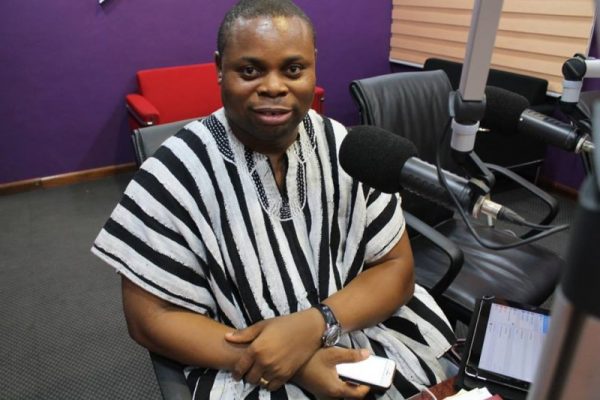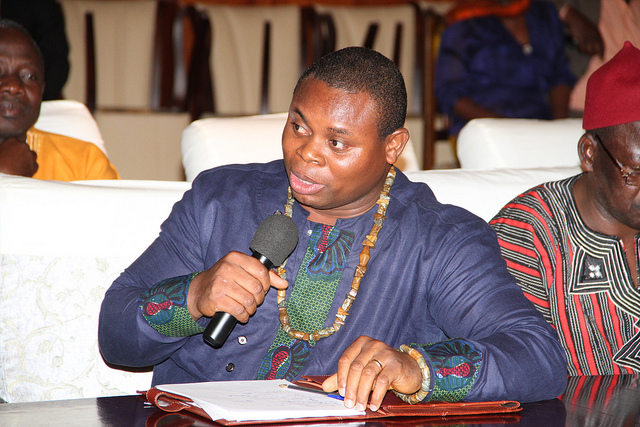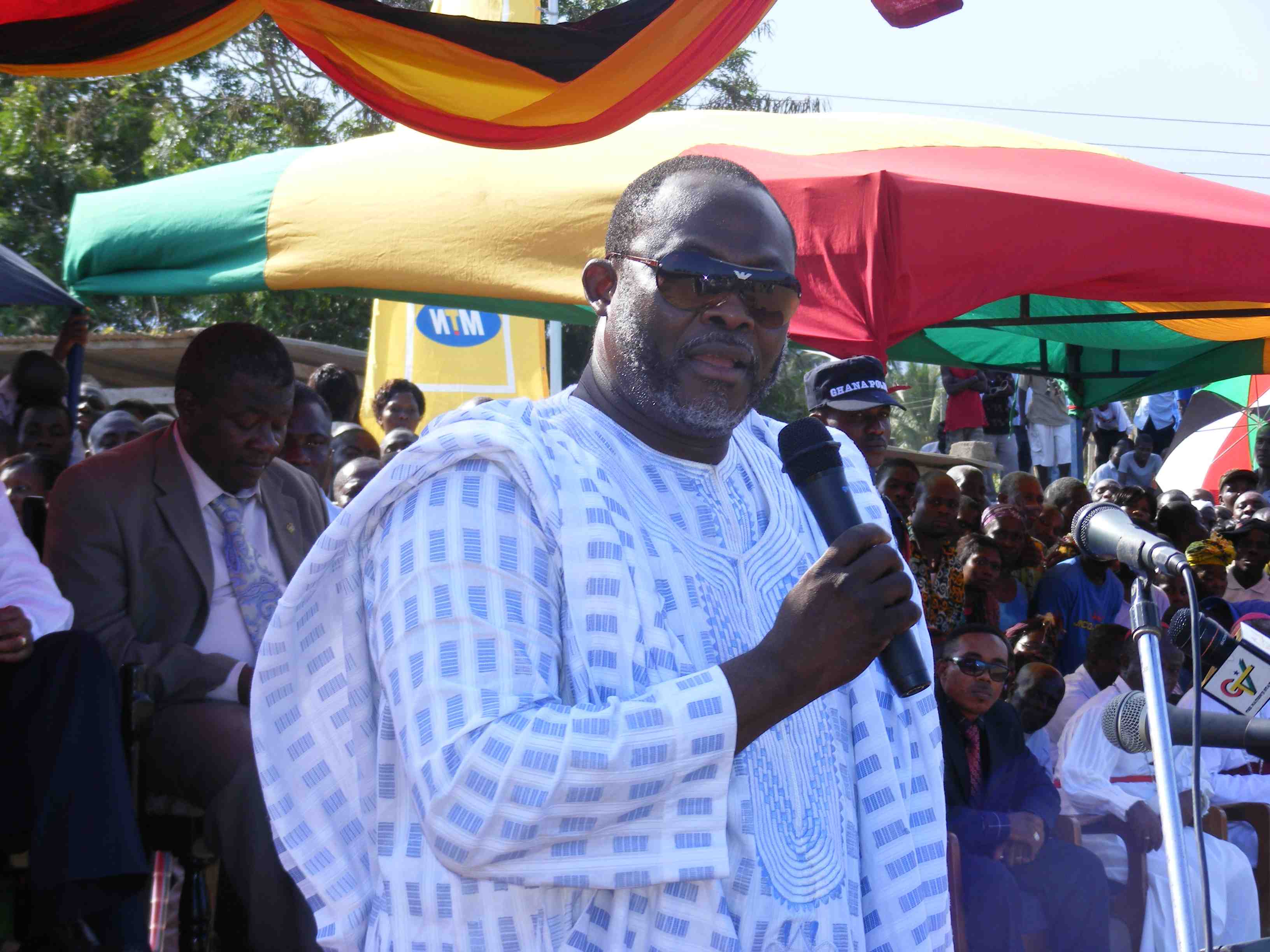Gov’t must cancel $89m telecom deal with Haitian firm – IMANI
- Posted on
- Comment
 The President IMANI Africa, Franklin Cudjoe, wants the government not to hesitate in abrogating an $89 million contract between Ghana and a Haitian firm, GVG/Kelni.
The President IMANI Africa, Franklin Cudjoe, wants the government not to hesitate in abrogating an $89 million contract between Ghana and a Haitian firm, GVG/Kelni.
This follows IMANI’s petition to the Vice President to revoke the contract for the design, development and implementation of a common platform for traffic monitoring, revenue assurance and mobile money monitoring.
Already, the contract upon signing stipulates that a payment of about $1.5 million to be paid monthly for a five-year period. Per the terms of the contract, which was signed in December 2017, the monthly payments are to begin no later than 30 days after the agreement was signed.
But Mr Cudjoe maintains that companies like Subah Infosolutions and Afriwave Telcom Ltd have already carried out the functions expected of the new firm.
Speaking to Citi News, he thus insisted that there should be no reason why this deal should stand.
“This contract is no different from the ones we signed in 2010 and 2015 under Subah and Afriwave. In fact, the two contracts were supposed to do the very things that this new contract is purportedly to do; revenue assurance and cheque fraud. The only thing that has been added this time around is mobile money monitoring for which we have given GHIPSS [Ghana Interbank Payment and Settlement Systems Limited] $4 million to do.”
“First of all, we don’t know what work Subah did. We don’t know what work Afriwave has done. We don’t know what value they have added to the whole telecom industry for us to warrant another entity to come and repeat the same thing for the hefty sum of 89 million dollars. It is a no no no.”
In 2010, the Ghana Revenue Authority contracted Subah to oversee revenue assurance activities within the telcos until 2016.
The company controversially received GHc 75 million for work observers say has not reaped any significant reward.
In 2015, Afriwave was appointed by the National Communications a to perform the job of an interconnect clearinghouse services which were similar to the job being done by Subah. They were paid GHc 40 million.
-citi










 (Selorm) |
(Selorm) |  (Nana Kwesi)
(Nana Kwesi)